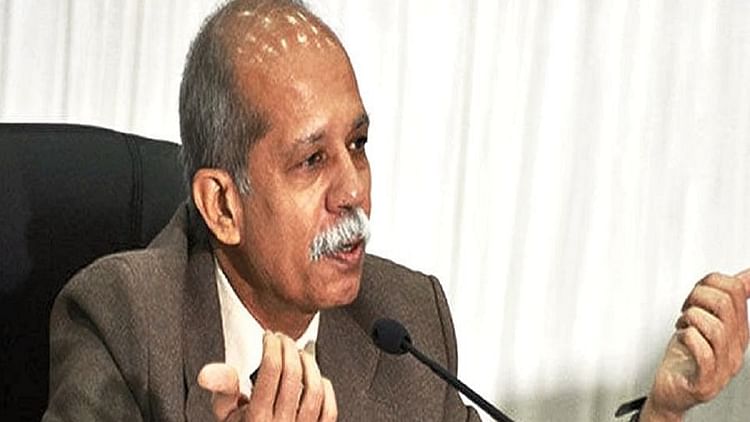In an unprecedented move, the President of India has appointed nine judges to the Supreme Court in one go. In the country’s judicial history, it is for the first time that three women judges have also been appointed to the Supreme Court. Now the Court will have 33 judges including 4 women, out of 34, its sanctioned strength.
Several constitutional pundits, scholars, and legal journalists have criticized the working system of the collegium on various grounds from time to time. Even some former Supreme Court judges, who have been a part of this system, have also criticized its functioning, given their own experience.
Nobody knows how the collegium selects the judges and what criterion it adopts to choose judges from the High Courts. Sometimes it takes two or three judges from one High Court, while many High Courts remain unrepresented in the apex court for a long time.
Presently, there is no judge from six north-eastern states, Odisha, Jammu and Kashmir, Himachal Pradesh, Jharkhand, Sikkim, Goa, and Chhattisgarh in the Supreme Court. But some High Courts like Delhi, Allahabad, and Bombay have always dominated the selection of judges to the Supreme Court. The seniority norms are also relaxed in some cases. Not only this, the collegium has also reversed its previous decisions to appoint the judges without any explanation or justification.
Justice Akil Kureshi is not the first judge who has been denied elevation to the Apex Court. There is a long list of such judges, though it is not possible to name all of them here.If media reports are to be believed, Justice A. P. Shah, who retired as Chief Justice of the High Court of Delhi, was also superseded because Justice S. H. Kapadia was averse to his appointment. It is said that four members of the Supreme Court collegium supported Justice Shah’s elevation, but Justice Kapadia made it a prestige issue.
Apart from this episode, some constitutional pundits also contend Justice A. K. Patnaik’s elevation was also delayed because a senior collegium member opposed his name. His name was recommended thrice but the collegium did not clear him. It is only when a particular collegium judge retired that Justice Patnaik was appointed to the Supreme Court.
Justice Kureshi joined the Gujarat High Court in 2004 as an additional judge and served there for 14 years. As senior-most judge of the Gujarat High Court, he was not allowed to act as Acting Chief Justice of Gujarat High Court in 2018 when then Chief Justice of the Gujarat High Court retired. He was transferred to Bombay High Court where he became the fifth senior-most judge.
During his tenure in Gujarat High Court, he had passed some unfavourable against the Government of Gujarat and some powerful ministers of the Modi government in the Sohrabuddin Sheikh encounter case in 2010.
On May 10, 2019, the Supreme Court collegium headed by then CJI Ranjan Gogoi had recommended his name for the office of the Chief Justice of Madhya Pradesh High Court after considering all relevant factors and being found suitable in all respects. But the Central Government sat on the file and did not clear his name. The government sent two communications to the CJI on August 23 and 27 along with some ‘material’ against Justice Kureshi.
Thereafter, the collegium modified its earlier recommendation and recommended his name for the office of the Chief Justice of Tripura High Court on September 5, 2019. The President of India accepted this recommendation and appointed Justice Kureshi to this office. The ‘material’ sent by the government never came into the public domain. The sanctioned strength of judges in Madhya Pradesh Court is 53 while the Tripura High Court has only 5 judges including the Chief Justice.
The Supreme Court collegium has not considered Justice Kureshi’s name for elevation to the Apex Court even once. Media reports indicate that Justice Rohinton F. Nariman was insisting on his elevation to the apex court given his all-India seniority. But some other collegium members, including the then CJI S. A. Bobde, reportedly had a different view. Because of this difference of opinion among the collegium members, a deadlock occurred, and no judge was appointed to the Supreme Court for around 22 months.
The Supreme Court collegium should protect honest and independent judges like Justice Kureshi and should not hesitate to recommend their names for judgeship of the Supreme Court. Once the collegium recommends his name, the Central Government will be bound to appoint him as a judge of the Supreme Court. The government can only delay the appointment for a few months, but it cannot block it if the collegium reiterates its view. The time has come when the collegium should assert its primacy in judicial appointments.


























































































